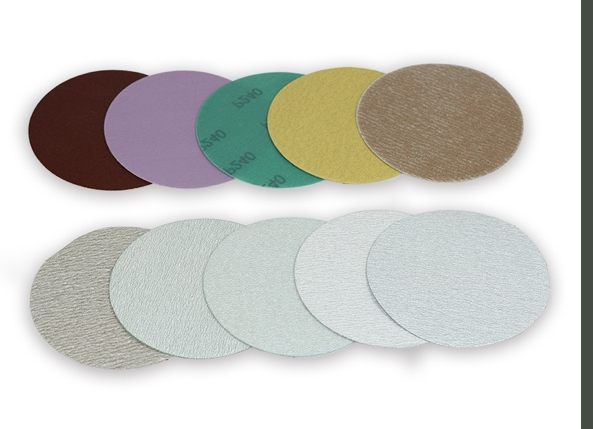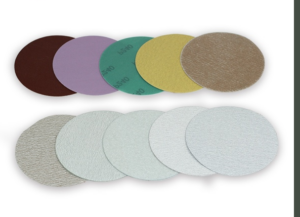Home » What You Need to Know About Industrial Abrasive

You’ve been hearing a lot about suppliers of industrial abrasives and their uses. That is because professionals like you are using it all the time to grind away hard substances daily. We are impressed by the high-quality performance and reliability of industrial abrasives. Due to the increased efficiency and better standard of living, these professionals have been looking for ways to work faster than ever before. So, let’s learn about industrial abrasives, which you should know about.
When working with tools, reliability, and safety are paramount. This is why the Norton brand is trusted by manufacturers of industrial abrasives—when a product is made to last and is also extremely safe, production lines run smoothly while also protecting a company’s most valuable resource: its people.
But what makes a good industrial abrasive?
In short, it’s one that consistently performs its function in the manner for which it was intended, without causing damage or injury to the machine or operator. Industrial abrasives are generally categorized as either bonded or coated, and each type has its unique characteristics that make them suitable for different applications.
For example, bonded abrasives are generally stronger than coated abrasives. They can be used to shape metal surfaces and grind welds, which often require added strength from the tool itself. Coated abrasives are more commonly used for finishing surfaces because they’re not as aggressive—they’re used for sanding and polishing applications. Both types of industrial abrasive require a degree of precision to perform their jobs well: bonded abrasives are made of grains that are fused with glass or other material, while coated abrasives have an adhesive backing that holds the grain in place on paper or cloth.
Abrasives are a key ingredient in the manufacturing process. They help to shape and clean surfaces, and it’s a rare industry that doesn’t use them in some way. Abrasives are made from various materials, which means they have different uses and strengths. The most common industrial abrasive is aluminum oxide, but there are also silicon carbide and diamond abrasives, to name just a few. These abrasives all come in different shapes and widths depending on their intended use.
 The quality of your product is only as good as the quality of your abrasive media. If you’re still not convinced, here’s a little more information about the benefits of high-grade industrial abrasives:
The quality of your product is only as good as the quality of your abrasive media. If you’re still not convinced, here’s a little more information about the benefits of high-grade industrial abrasives:
Quality abrasives last longer than cheaper alternatives.
Quality abrasives will give you consistent results every time.
Quality abrasives can save you money by reducing the number of times you need to replace them.
Companies in the manufacturing and construction industries face many challenges, from high-performance materials to short delivery times, from keeping production costs down to ensuring compliance with legal regulations. We are committed to supporting you with innovative solutions and services. Our industrial abrasives portfolio is designed to meet your specific needs, while our technical experts will provide you with the right advice based on their extensive experience.
Our experts can help you find the right product for your application, whether it’s a ceramic or mineral abrasive or a bonded grinding wheel. They’ll also help you determine how best to use it and how long its life cycle will be at different stages of production. They’ll even help you optimize production processes so that they run smoothly and efficiently, saving time and money while also increasing quality across all areas of manufacturing.
It is well known that the use of an industrial abrasive can have a big impact on the productivity and efficiency of your business. The right kind of abrasive in the right place can dramatically cut down the time required to complete a job, which can in turn help increase your bottom line.
Industrial abrasives are used for a wide range of applications, from removing material to smoothing surfaces. Some examples include:
Sanding wood
-Grinding welds and metal surfaces
-Polishing or sanding stone or concrete
Smoothing rough edges on the glass
-Removing rust or paint
Abrasives are available in many different materials, each with its benefits and drawbacks. For example, sandpaper is very affordable but quickly becomes dulled by heavy use. Diamond abrasives are more expensive but also last longer, making them ideal for situations where you need to keep working at a steady pace without having to stop frequently to replace worn-out tools. It’s important to choose an appropriate abrasive based on your needs so that you don’t end up spending money replacing it prematurely!
